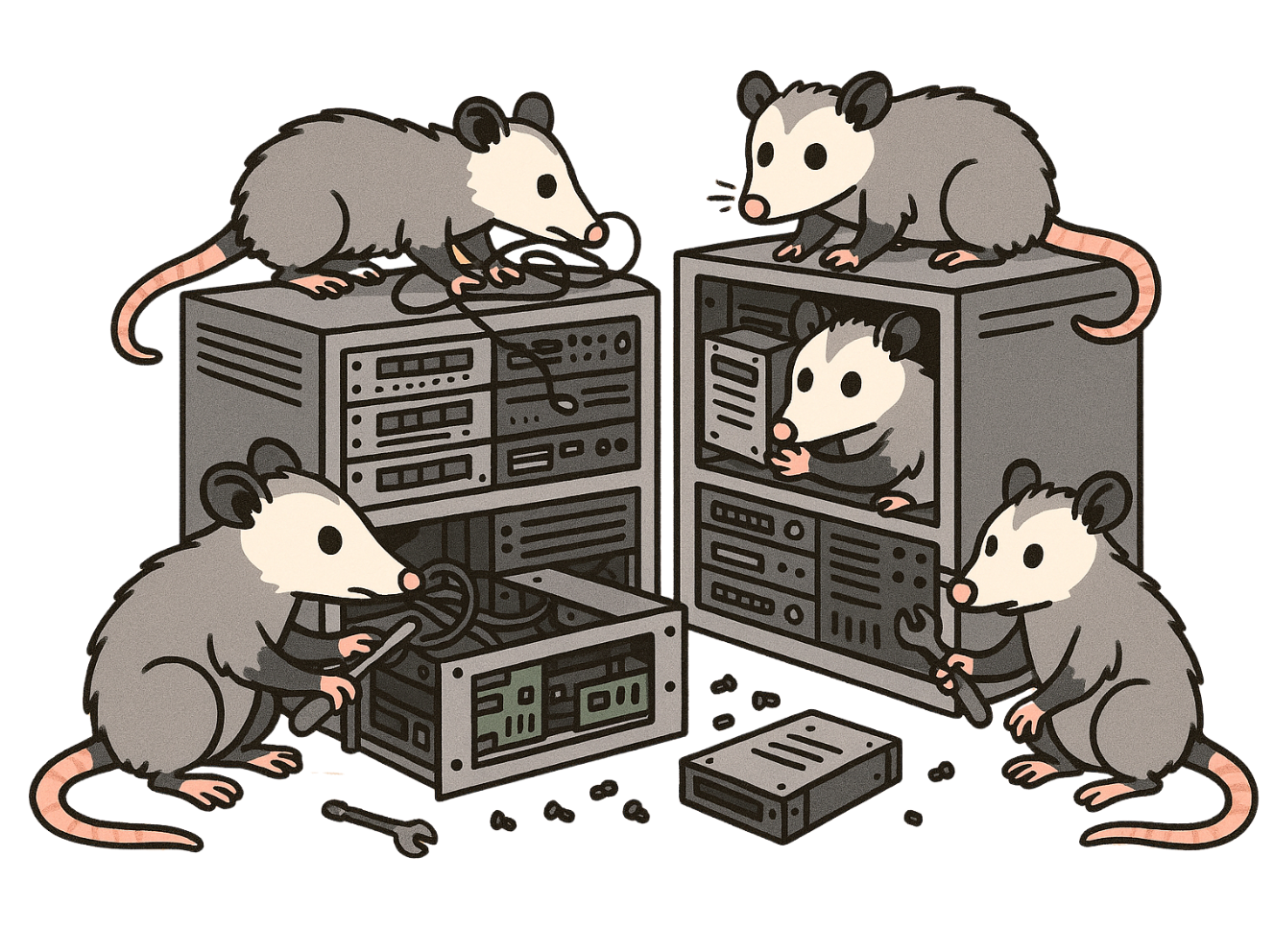WILDLABS.NET is undergoing scheduled essential maintenance and will be unavailable until approximately 4:00pm BST. We apologise for any inconvenience this may cause to your regular conservation technology collaboration experience!

WILDLABS.NET is undergoing scheduled essential maintenance and will be unavailable until approximately 4:00pm BST. We apologise for any inconvenience this may cause to your regular conservation technology collaboration experience!
